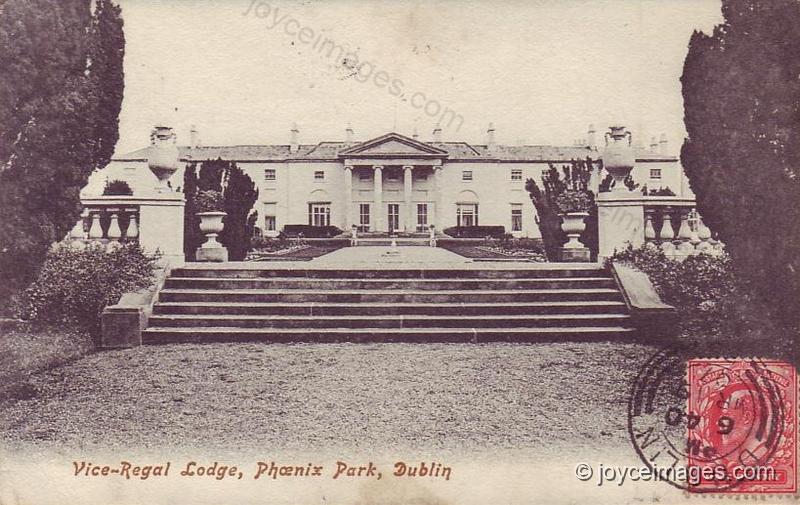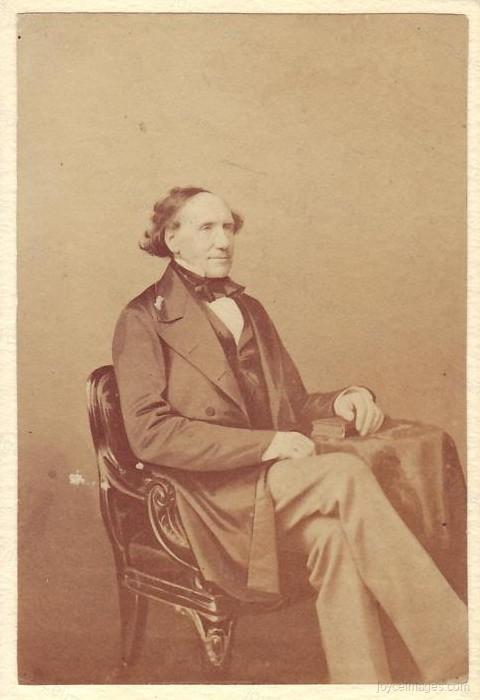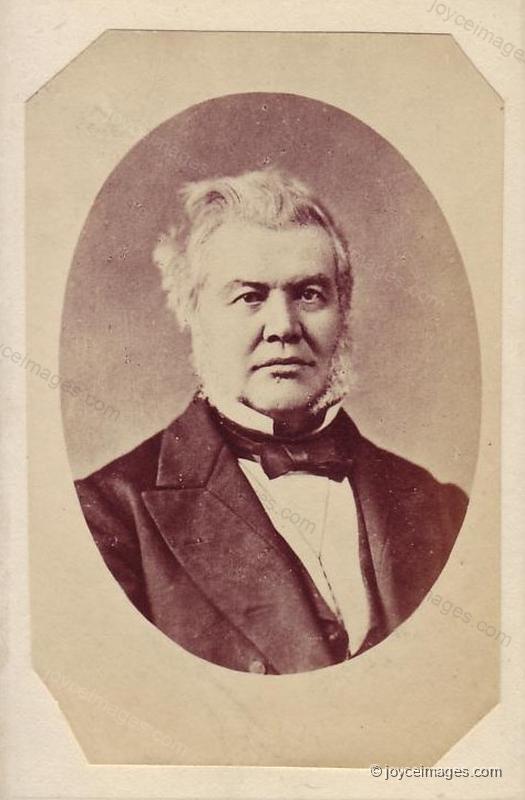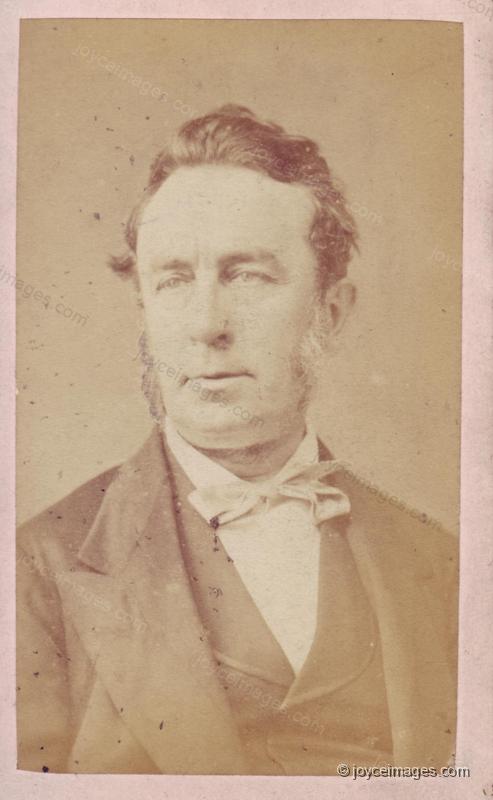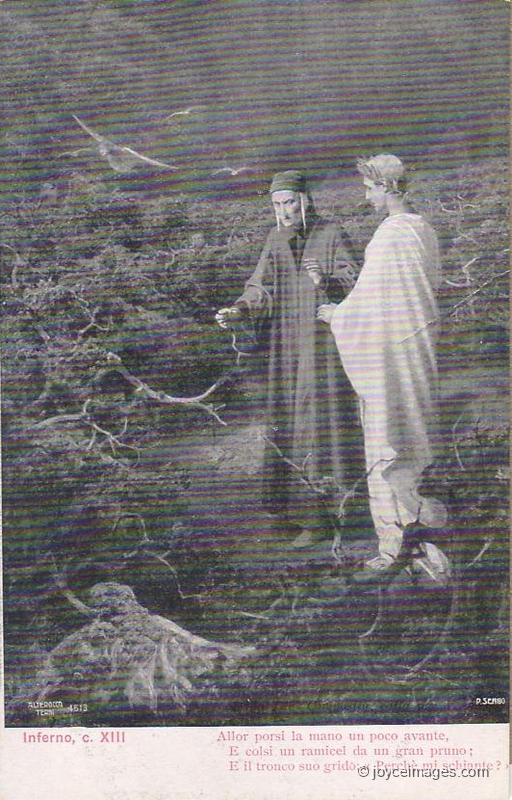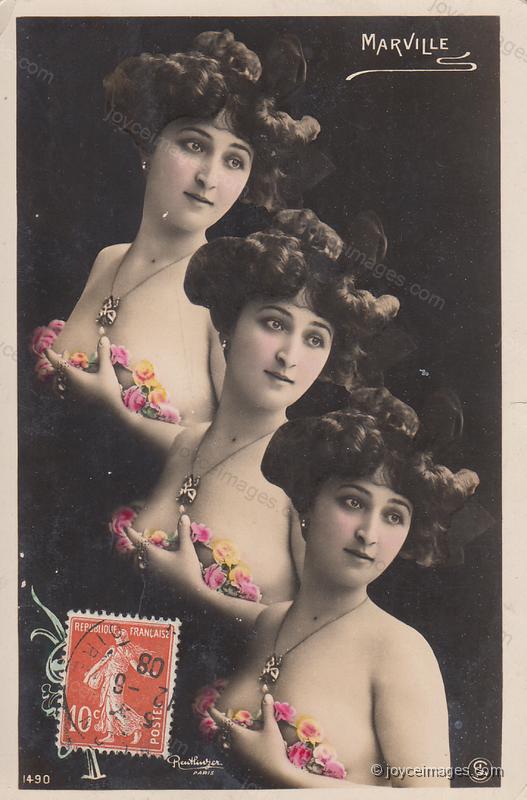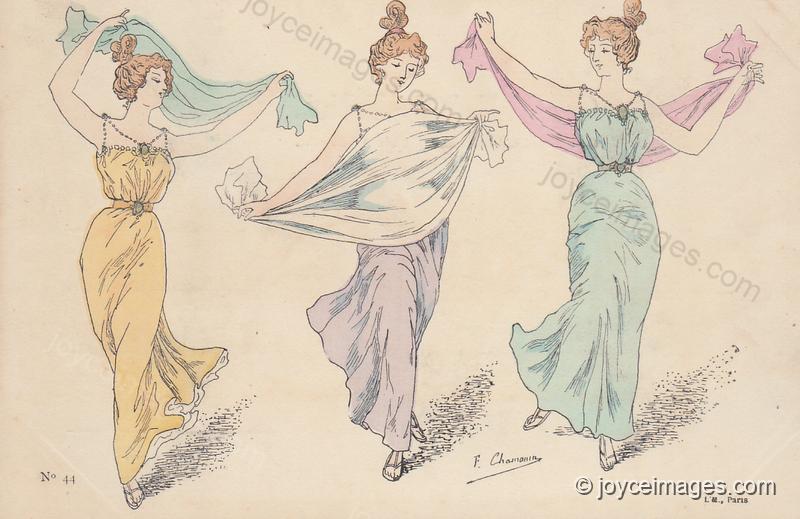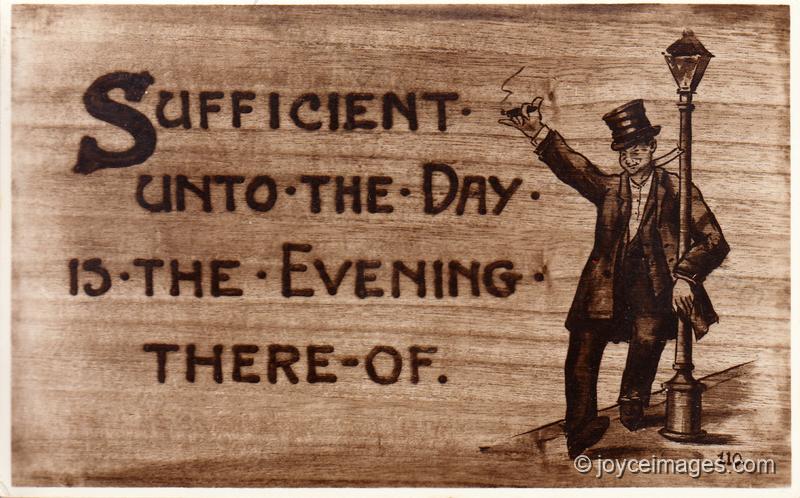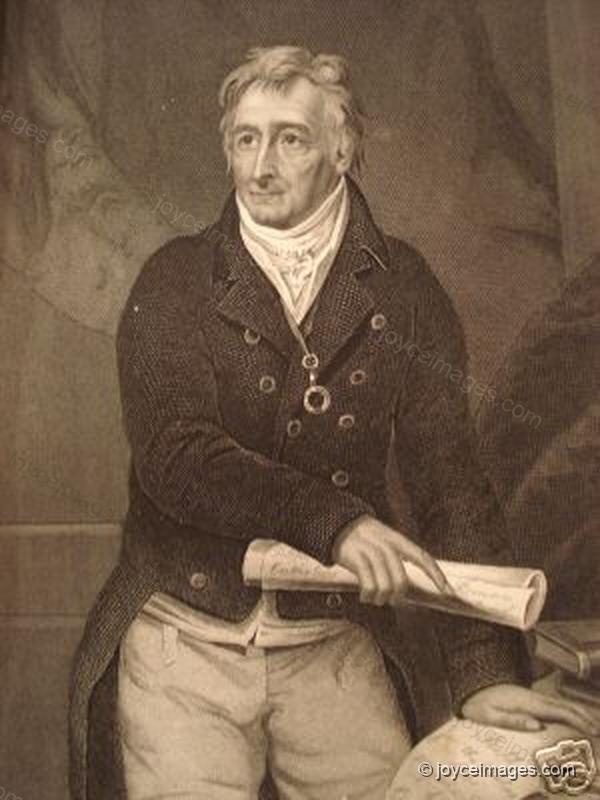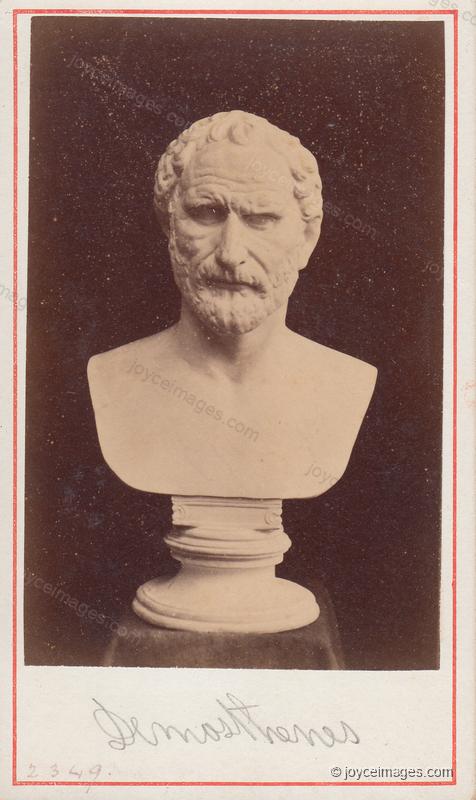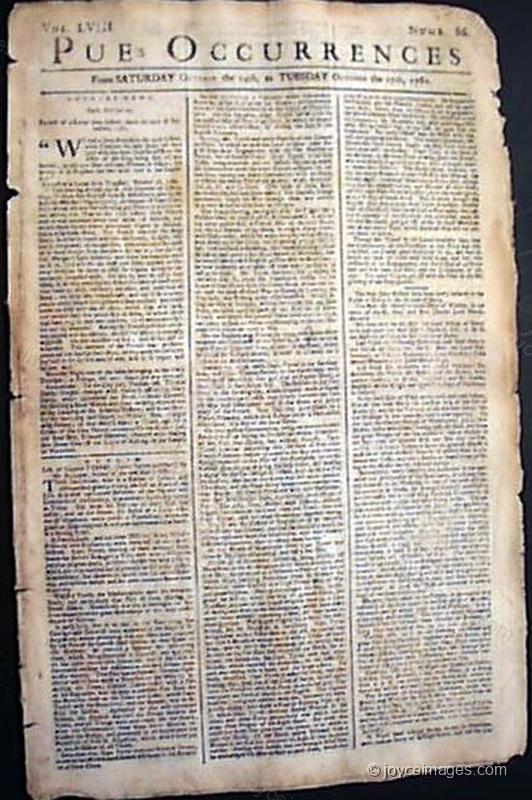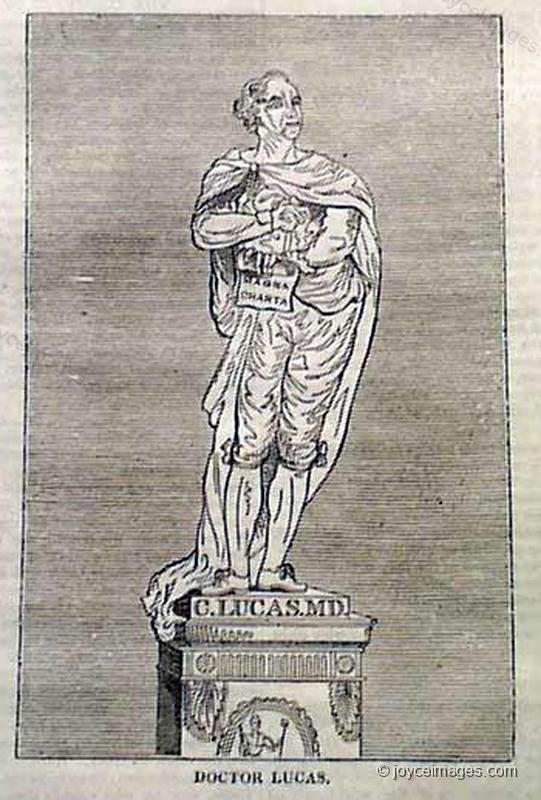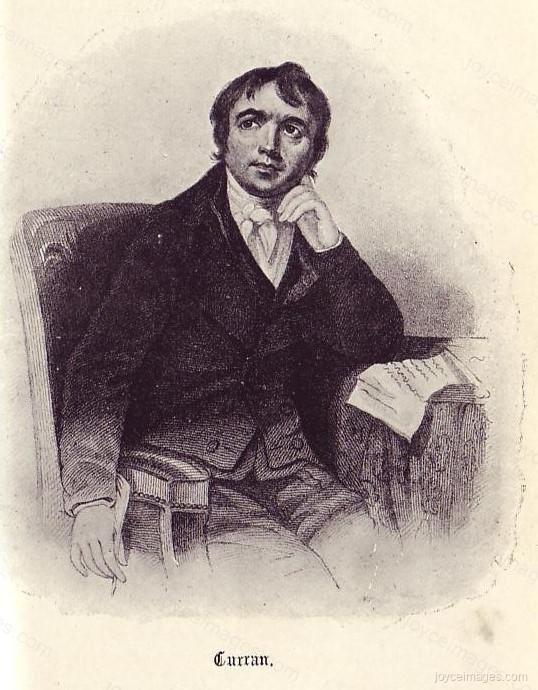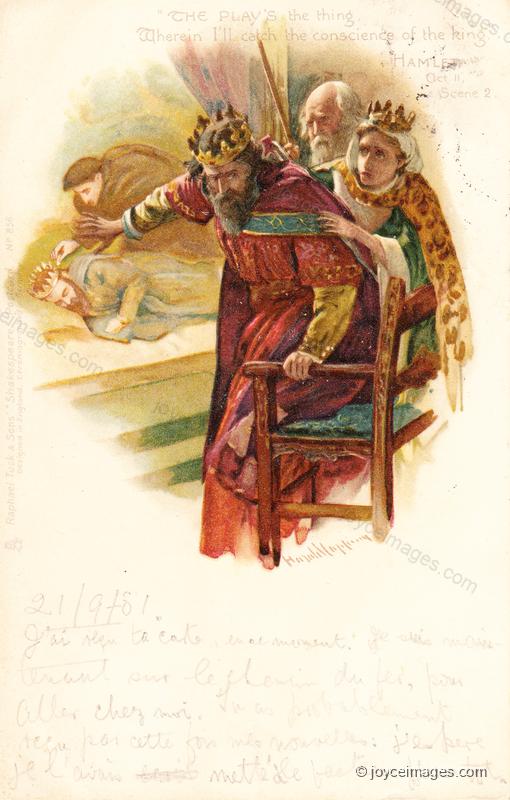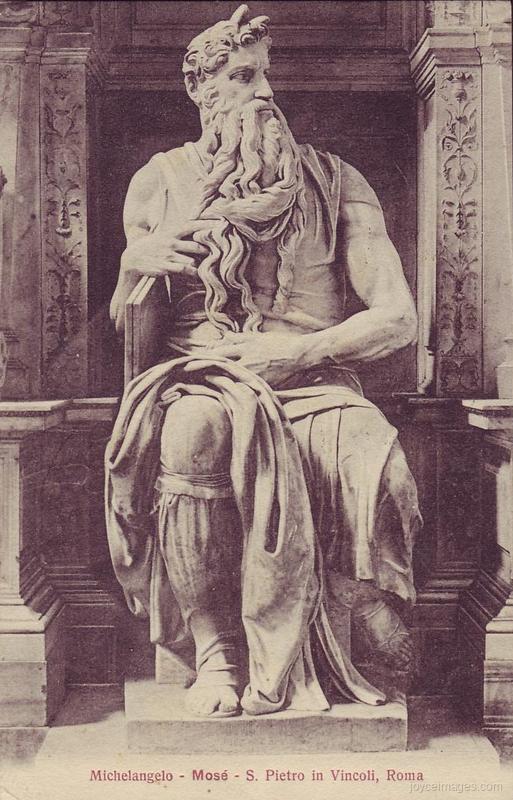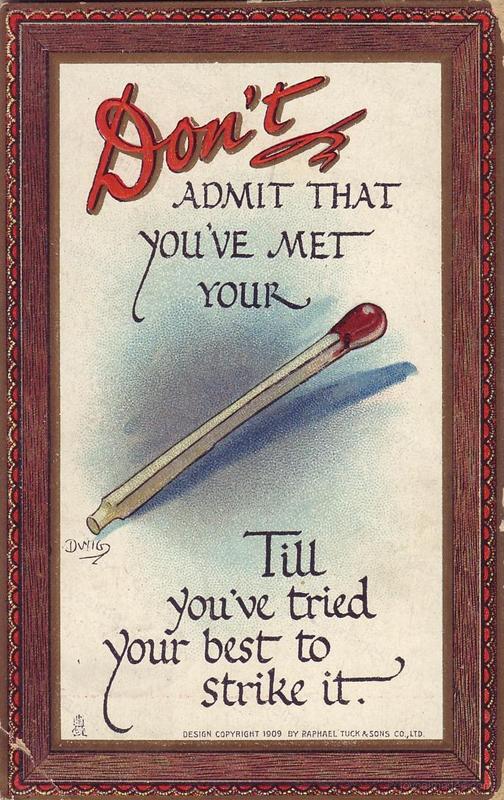"- They're only in the hook and eye department, Myles Crawford said. Psha! Press and the bar! Where have you a man now at the bar like those fellows, like Whiteside," (U7.705)
From EB11: James Whiteside (1804 - 1876) was an Irish politician and judge. The son of William Whiteside, a clergyman of the Church of Ireland, he was educated at Trinity College, being called to the Irish bar in 1830. He very rapidly acquired a large practice, and after taking silk in 1842 he gained a reputation for forensic oratory surpassing that of all his contemporaries, and rivalling that of his most famous predecessors of the 18c. He defended Daniel O'Connell in the state trial of 1843, and William Smith O'Brien in 1848; his greatest triumph was in the Yelverton case in 1861. He was elected member for Enniskillen in 1851, and in 1859 became member for Dublin University. In Parliament, he was no less successful as a speaker than at the bar, and in 1852 was appointed Solicitor-General for Ireland in the first administration of the earl of Derby, becoming attorney general in 1858, and again in 1866. In the same year he was appointed chief justice of the Queen's Bench. Whiteside was a man of handsome presence, attractive personality and cultivated tastes.
From EB11: James Whiteside (1804 - 1876) was an Irish politician and judge. The son of William Whiteside, a clergyman of the Church of Ireland, he was educated at Trinity College, being called to the Irish bar in 1830. He very rapidly acquired a large practice, and after taking silk in 1842 he gained a reputation for forensic oratory surpassing that of all his contemporaries, and rivalling that of his most famous predecessors of the 18c. He defended Daniel O'Connell in the state trial of 1843, and William Smith O'Brien in 1848; his greatest triumph was in the Yelverton case in 1861. He was elected member for Enniskillen in 1851, and in 1859 became member for Dublin University. In Parliament, he was no less successful as a speaker than at the bar, and in 1852 was appointed Solicitor-General for Ireland in the first administration of the earl of Derby, becoming attorney general in 1858, and again in 1866. In the same year he was appointed chief justice of the Queen's Bench. Whiteside was a man of handsome presence, attractive personality and cultivated tastes.
"like silvertongued O'Hagan. Eh? Ah, bloody nonsense. Psha! Only in the halfpenny place.
His mouth continued to twitch unspeaking in nervous curls of disdain.
Would anyone wish that mouth for her kiss? How do you know? Why did you write it then?" (U7.707)
His mouth continued to twitch unspeaking in nervous curls of disdain.
Would anyone wish that mouth for her kiss? How do you know? Why did you write it then?" (U7.707)
"RHYMES AND REASONS
Mouth, south. Is the mouth south someway? Or the south a mouth? Must be some. South, pout, out, shout, drouth. Rhymes: two men dressed the same, looking the same, two by two.
. . . . . . . . la tua pace
. . . . . che parlar ti piace
mentreche il vento, come fa, si tace." (U7.713)
Mouth, south. Is the mouth south someway? Or the south a mouth? Must be some. South, pout, out, shout, drouth. Rhymes: two men dressed the same, looking the same, two by two.
. . . . . . . . la tua pace
. . . . . che parlar ti piace
mentreche il vento, come fa, si tace." (U7.713)
"in green, in rose, in russet, entwining, per l'aer perso, in mauve, in purple, quella pacifica oriafiamma, gold of oriflamme, di rimirar fè più ardenti. But I old men, penitent, leadenfooted, underdarkneath the night: mouth south: tomb womb.
— Speak up for yourself, Mr O'Madden Burke said." (U7.720)
— Speak up for yourself, Mr O'Madden Burke said." (U7.720)
SUFFICIENT FOR THE DAY...
J. J. O'Molloy, smiling palely, took up the gage.
— My dear Myles, he said, flinging his cigarette aside, you put a false construction on my words. I hold no brief, as at present advised, for the third profession qua profession but your Cork legs are running away with you." (U7.726)
J. J. O'Molloy, smiling palely, took up the gage.
— My dear Myles, he said, flinging his cigarette aside, you put a false construction on my words. I hold no brief, as at present advised, for the third profession qua profession but your Cork legs are running away with you." (U7.726)
"and Demosthenes and Edmund Burke? Ignatius Gallaher we all know and his Chapelizod boss, Harmsworth of the farthing press, and his American cousin of the Bowery gutter sheet” (U7.731)
"not to mention Paddy Kelly's Budget, Pue's Occurrences and our watchful friend The Skibbereen Eagle. Why bring in a master of forensic eloquence like Whiteside? Sufficient for the day is the newspaper thereof." (U7.734)
For more on that last expression, as discovered by Harald Beck, see
article in the JJON.
For more on that last expression, as discovered by Harald Beck, see
article in the JJON.
"LINKS WITH BYGONE DAYS OF YORE
— Grattan and Flood wrote for this very paper, the editor cried in his face. Irish volunteers. Where are you now? Established 1763. Dr Lucas.
— Well, J. J. O'Molloy said, Bushe K. C., for example.
— Bushe? the editor said. Well, yes: Bushe, yes. He has a strain of it in his blood. Kendal Bushe or I mean Seymour Bushe.
— He would have been on the bench long ago, the professor said, only for .... But no matter. J. J. O'Molloy turned to Stephen and said quietly and slowly:
— One of the most polished periods I think I ever listened to in my life fell from the lips of Seymour Bushe. It was in that case of fratricide, the Childs murder case. Bushe defended him." (U7.737)
— Grattan and Flood wrote for this very paper, the editor cried in his face. Irish volunteers. Where are you now? Established 1763. Dr Lucas.
— Well, J. J. O'Molloy said, Bushe K. C., for example.
— Bushe? the editor said. Well, yes: Bushe, yes. He has a strain of it in his blood. Kendal Bushe or I mean Seymour Bushe.
— He would have been on the bench long ago, the professor said, only for .... But no matter. J. J. O'Molloy turned to Stephen and said quietly and slowly:
— One of the most polished periods I think I ever listened to in my life fell from the lips of Seymour Bushe. It was in that case of fratricide, the Childs murder case. Bushe defended him." (U7.737)
"And in the porches of mine ear did pour.
By the way how did he find that out? He died in his sleep. Or the other story, beast with two backs?
— What was that? the professor asked. (U7.750)
By the way how did he find that out? He died in his sleep. Or the other story, beast with two backs?
— What was that? the professor asked. (U7.750)
"ITALIA, MAGISTRA ARTIUM
- He spoke on the law of evidence, J.J. O'Molloy said, of Roman justice as contrasted with the earlier Mosaic code, the lex talionis. And he cited the Moses of Michelangelo in the Vatican.
- Ha.
- A few wellchosen words, Lenehan prefaced. Silence!
Pause. J.J. O'Molloy took out his cigarette case.
False lull. Something quite ordinary." (U7.754)
- He spoke on the law of evidence, J.J. O'Molloy said, of Roman justice as contrasted with the earlier Mosaic code, the lex talionis. And he cited the Moses of Michelangelo in the Vatican.
- Ha.
- A few wellchosen words, Lenehan prefaced. Silence!
Pause. J.J. O'Molloy took out his cigarette case.
False lull. Something quite ordinary." (U7.754)
